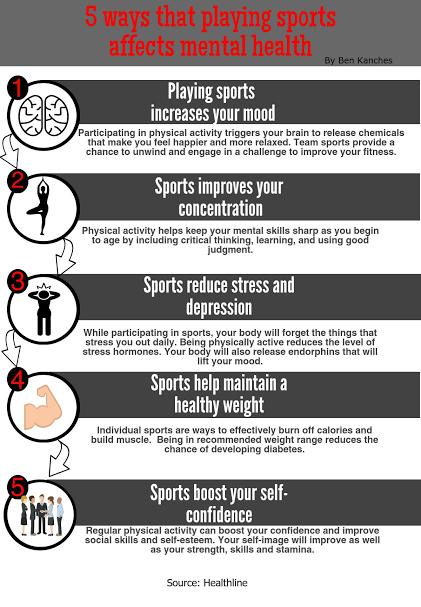Introduction
Running is not just a sport; it’s a way of life for many enthusiasts. Whether you’re a seasoned marathoner or a casual jogger, mastering your run involves more than just putting one foot in front of the other. In this guide, we’ll explore essential fitness tips for runners, helping you maximize your performance, prevent injuries, and achieve your running goals.
Understanding Your Body
Before hitting the pavement, take the time to understand your body’s needs and limitations. Every runner is unique, with different strengths, weaknesses, and biomechanics. Consider factors such as your running gait, foot strike pattern, and any pre-existing injuries or imbalances. By understanding your body’s quirks, you can tailor your training approach to maximize efficiency and minimize the risk of injury.
Investing in Quality Gear
The right gear can make all the difference when it comes to running performance. Invest in high-quality running shoes that provide adequate support, cushioning, and stability for your feet. Additionally, consider clothing and accessories designed for running, such as moisture-wicking fabrics, reflective gear for low-light conditions, and a comfortable hydration belt or vest for longer runs. Quality gear not only enhances comfort but also reduces the risk of discomfort or injury during your runs.
Prioritizing Proper Nutrition
Nutrition plays a crucial role in fueling your runs and supporting recovery. Before heading out for a run, fuel your body with a balanced meal or snack containing carbohydrates for energy, protein for muscle repair, and healthy fats for sustained endurance. After your run, replenish lost fluids and electrolytes with water or a sports drink, and refuel with a nutritious meal or snack containing protein and carbohydrates to aid recovery.
Gradually Increasing Mileage
One of the most common mistakes runners make is increasing mileage too quickly, leading to overuse injuries such as shin splints, stress fractures, or tendonitis. Instead, follow the principle of gradual progression, increasing mileage by no more than 10% per week to allow your body to adapt and strengthen gradually. Listen to your body’s signals and be mindful of any signs of fatigue, pain, or discomfort that may indicate you’re pushing too hard.
Incorporating Strength Training
Strength training is a valuable complement to running, helping improve running economy, reduce the risk of injury, and enhance overall performance. Incorporate exercises that target key muscle groups used in running, such as the glutes, hamstrings, quadriceps, and core. Focus on exercises that build strength, stability, and mobility, such as squats, lunges, deadlifts, planks, and hip bridges. Aim to strength train 2-3 times per week, allowing for adequate recovery between sessions.
Prioritizing Recovery and Rest
Rest and recovery are essential components of any training program, allowing your body to repair, regenerate, and adapt to the demands of running. Incorporate rest days into your training schedule to prevent overtraining and burnout, and prioritize activities that promote recovery, such as foam rolling, stretching, yoga, or massage. Listen to your body’s signals and adjust your training intensity or volume as needed to ensure adequate rest and recovery.
Listening to Your Body
Above all, listen to your body and honor its signals throughout your running journey. Pay attention to how you feel before, during, and after runs, and adjust your training approach accordingly. If you’re experiencing pain, fatigue, or persistent discomfort, don’t ignore it. Instead, take a step back, assess the situation, and seek guidance from a healthcare professional or qualified coach if needed. Remember that running is a lifelong pursuit, and it’s essential to prioritize your long-term health and well-being above short-term goals.
Conclusion
By mastering these essential fitness tips for runners, you can elevate your running experience, improve your performance, and achieve your running goals with confidence and resilience. Remember that running is as much a mental journey as it is a physical one, so stay focused, stay determined, and embrace the process of continual growth and improvement. With dedication, patience, and perseverance, you can unlock your full potential as a runner and experience the joy and fulfillment that comes from mastering your run. Read more about running fitness tips




